Koala Chlamydia Vaccine Research
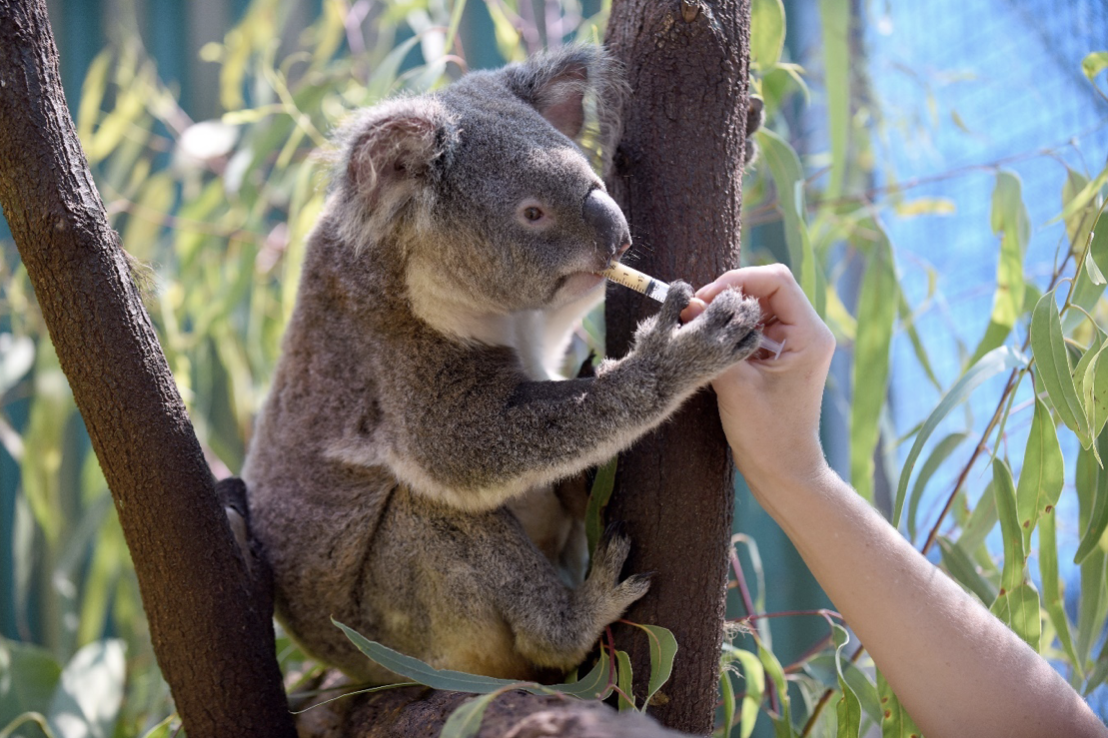
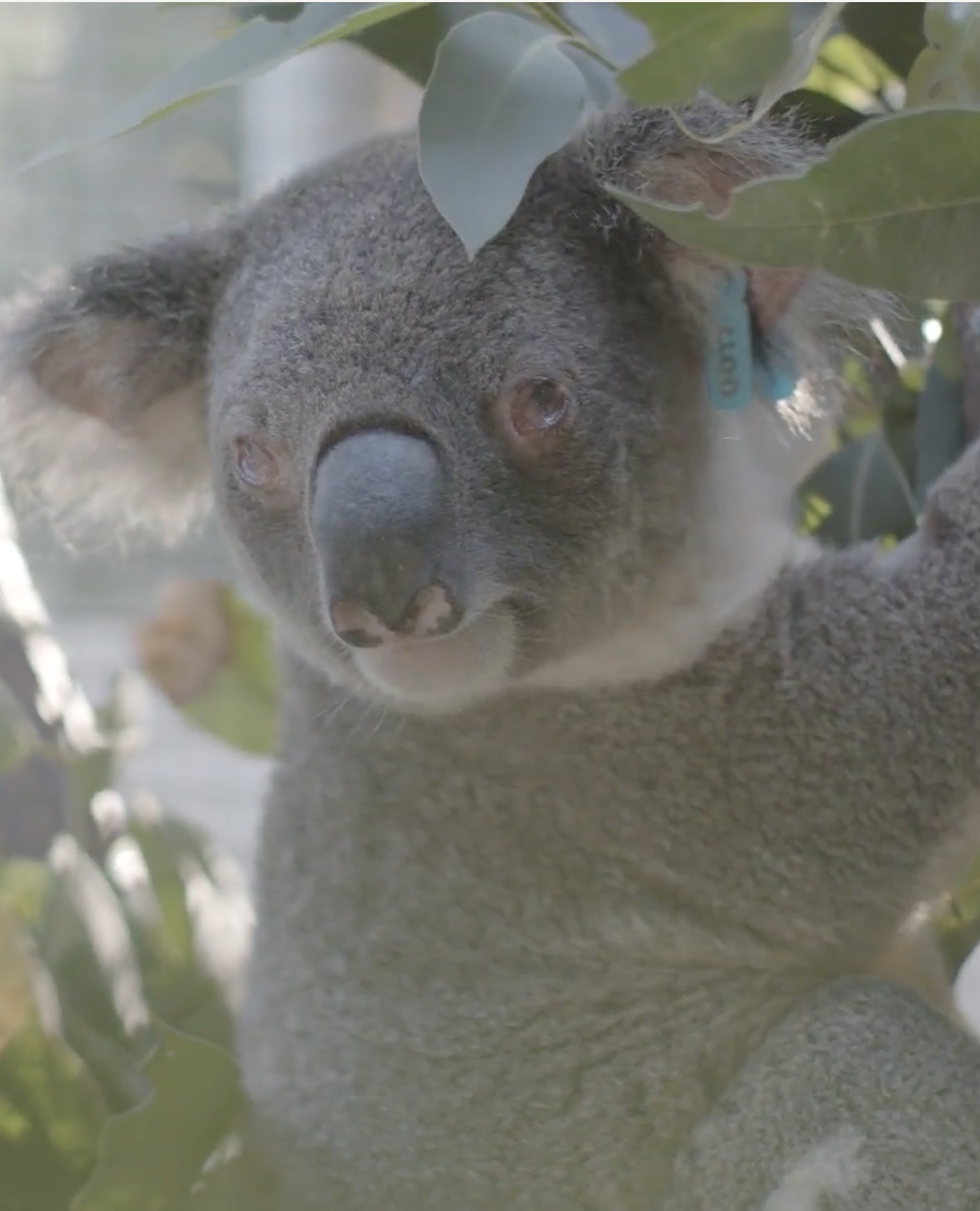
Our research aims to develop a vaccine strategy for koala chlamydial disease within an already infected population.
The research is based on the work of Professor Ken Beagley who was instrumental in the creation of the Koala Chlamydial Vaccine more than 10 years ago.
As a result of our program in early 2023, more than 500 koalas at the Currumbin Wildlife Hospital have been vaccinated, 30 koalas are being tracked by GPS, and 19 joeys have been born from these tracked koalas.
Hypothesis:
Koalas with chlamydia are admitted to Currumbin Wildlife Hospital at a rate roughly four times higher than those struck by vehicles or attacked by dogs. Cases have been rising over the last decade.
Elanora is the focus of our project as its koala population is estimated to have halved in the last 7 years. This is likely linked to high levels of chlamydia as there has been minimal loss of habitat in the area. They need urgent help to ensure they do not become extinct locally.
The project team comprises Dr Michael Pyne, Professor Ken Beagley (QUT), Associate Professor Steve Johnston (UQ) and Ecologist John Callaghan.
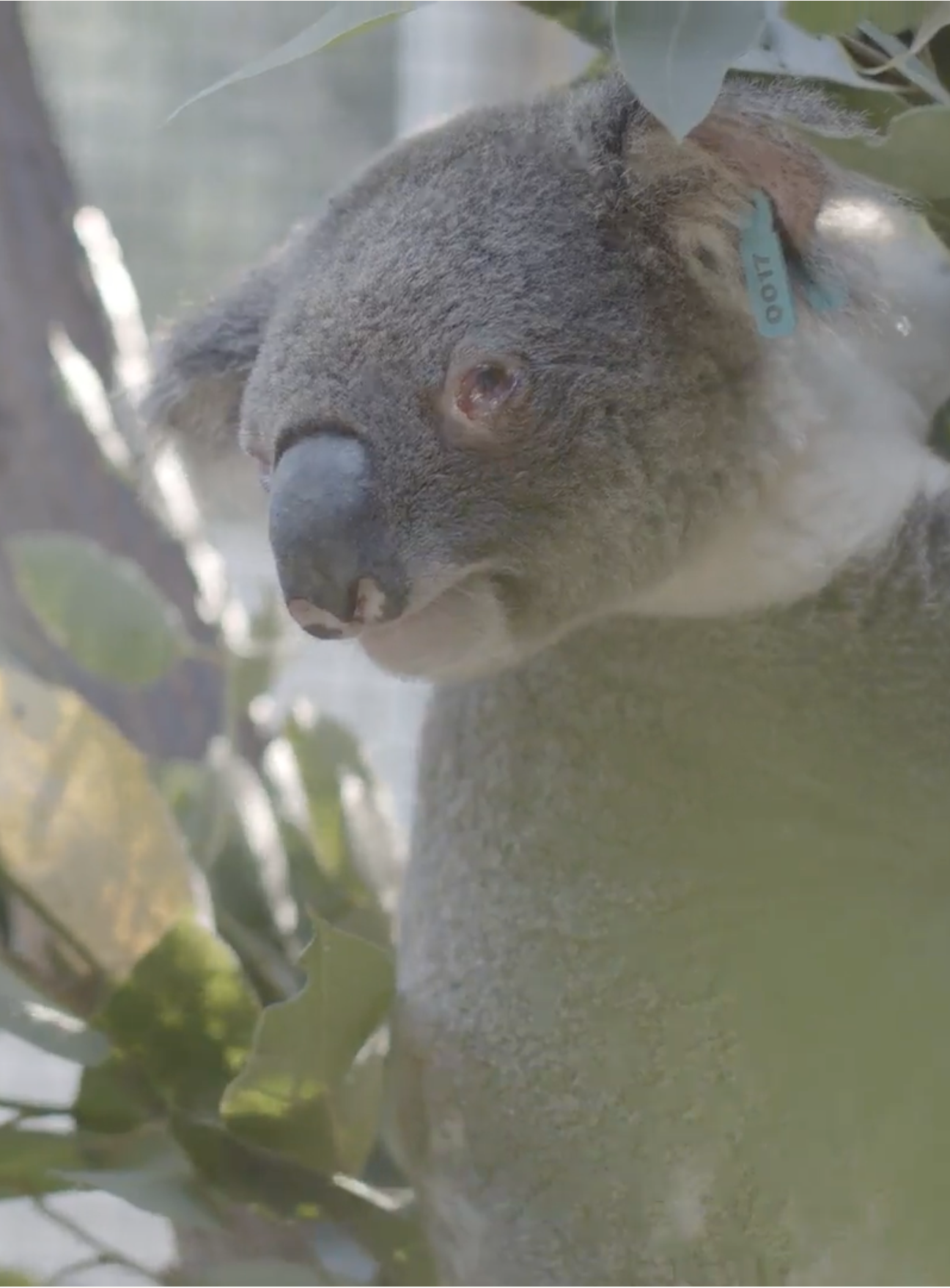
What is koala chlamydial disease?
It is an epidemic our research aims to control. Currumbin Wildlife Hospital admits almost 500 wild koalas annually, with 60% suffering from clinical chlamydial disease.
Sadly, many of these cases cannot be treated due to the advanced level of pathology in the renal or reproductive system requiring the koala to be euthanised after a full veterinary assessment. Treatment of chlamydia is a minimum 2-week course of antibiotics in a simple case, but complications are common, and koalas are often hospitalised for up to 10 weeks to fully recover.
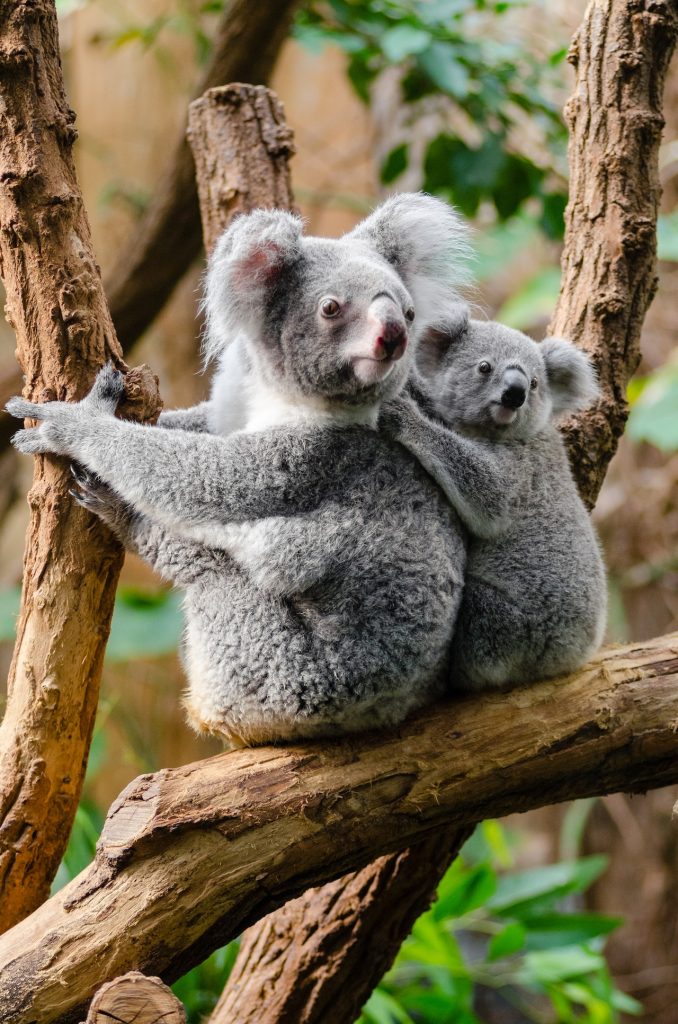
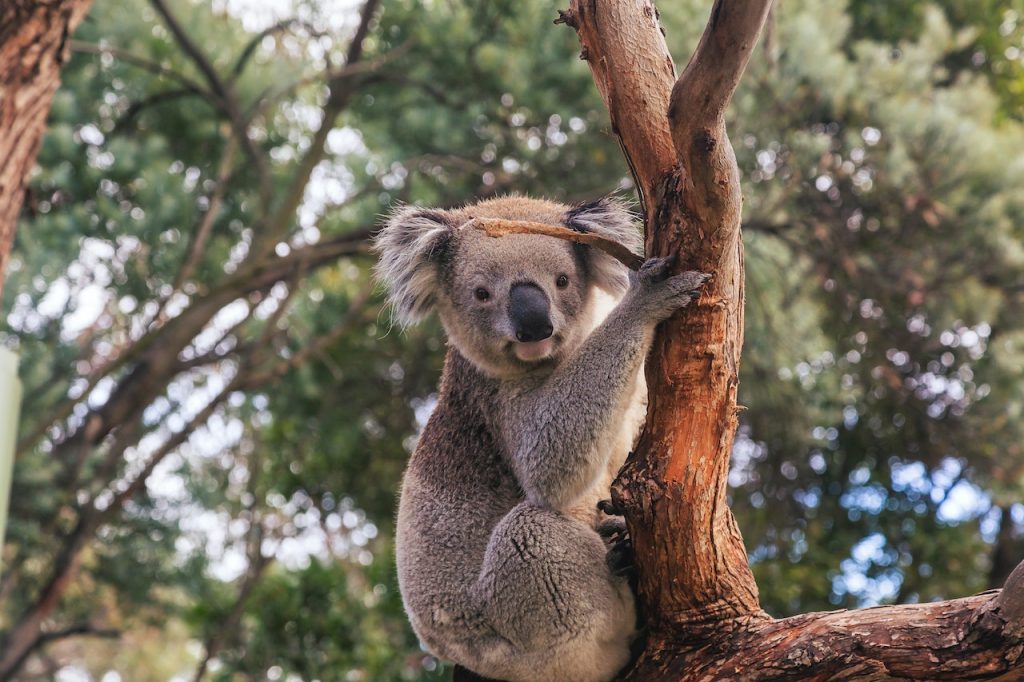
Koala Captive Breeding and Release
Associate Professor Stephen Johnston of UQ pioneered this work and together with Professor Ken Beagley of QUT and Dr Michael Pyne of CWH completed a successful trial project.
The research aims to develop a smart-breeding template for koalas.
Captive breeding and subsequent release of koalas in the wild has variable success. Due in part to the nuances in koalas. As an example they react differently to different gum tree species dependent on their specific gut flora.
So captive breeding using targeted science helps ensure the best possible outcome.
- Using high level genetics to match suitable breeding pairs. (Which can use Artificial Insemination if natural mating is not successful. e.g.The koalas don’t like each other)
- Ensuring all koalas released are vaccinated against chlamydia.
- Assessing the Retrovirus status of koalas included in the program and using techniques to prevent the transfer of retrovirus from mother to joey. (Koala retrovirus is an AIDS like virus of koalas)
- Koala gut microbiome- ensuring the microbiome of koalas to be released is suitable for the release habitat.
- Tracking of koalas post release to monitor and observe success.
Hypothesis:
Breeding and releasing disease free koalas into suitable habitat will ensure the survival of our species.
Help us save the species.
The research program brings together world experts in the fields of koala biology and medicine. Its strength lies in collaboration and the integration of unique and complimentary expertise, from The University of Queensland, QUT, and Currumbin Wildlife Hospital.
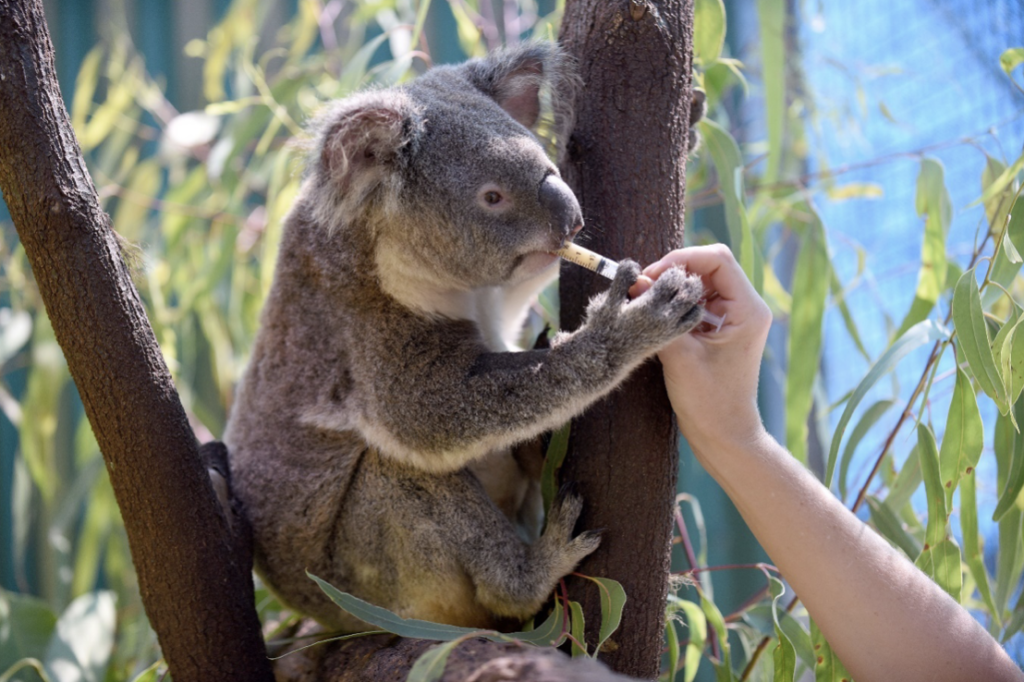
Koala Research and Vaccination
Support a pioneering koala research and chlamydia vaccination program on Australia’s east coast and join the fight to save our species.